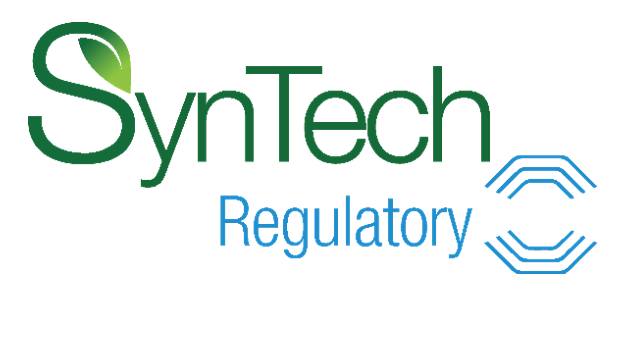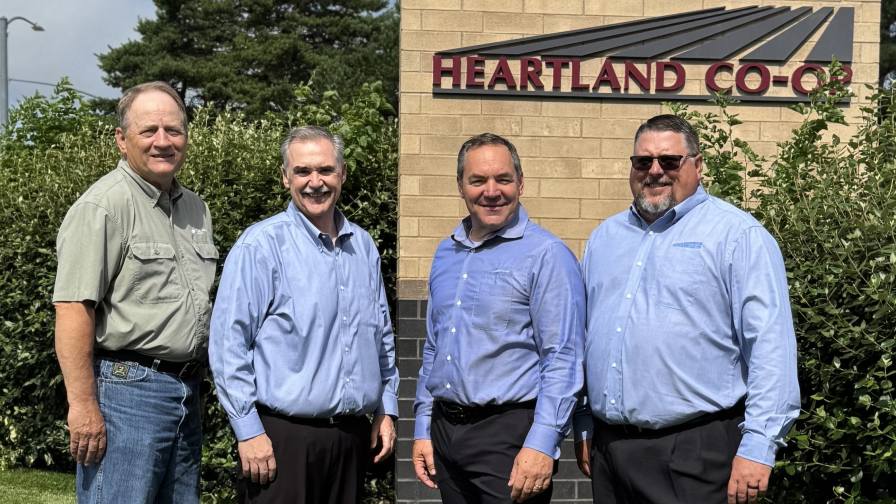Is It Time to Give Up Glyphosate?
Let me state for the record. I believe glyphosate to be perfectly safe. There have been hundreds of studies by governments and other testing organizations around the world proving time and again the broad-spectrum herbicide has no effect on human health. For decades, now, glyphosate has successfully served growers looking for a way to deal with weeds. And despite the growing opposition, glyphosate will be around for years to come.
After all, the solution is so pervasive it would be impossible to simply end the use in any time frame other than one measured in years, perhaps a decade or more. Roundup Ready crops are so pervasive it would take some time to wean growers off of them. That said, they — along with the rest of the industry — should probably prepare for that day. At the very least we can expect its role to be slowly diminished by regulatory agencies around the world.
Once touted as a solution that growers could use forever. It became and remains wildly popular among growers. But there’s no doubt sentiment outside the industry is changing.
The driving force behind the change is consumer sentiment. Whether it’s justified or not – and again, I think not – the battle seems to be a losing one. Perhaps the bigger picture – the war on glyphosate – might still be won, but I wonder if it’s worth the time, money, and damage to the industry it would take to ultimately win the fight. And one wonders if it’s a fight that can ever be truly won. With fewer new chemistries in the R&D pipeline, we’re already seeing the rebirth of some older tools.
Even if glyphosate isn’t banned outright, we’re still likely to see its use diminished with the rapid expansion of precision technologies that allow for smaller amounts of pesticides to be placed directly where needed.
In addition, new biological solutions are being discovered every year, and it seems consumers are much more accepting of these types of tools. Granted, their opinions are based on bad science or no science at all. But their perception is their reality, and they’re making purchasing decisions based on that reality.
On one level the industry recognizes the challenges with glyphosate, and honestly, all traditional chemical solutions. It’s one of the main reasons for the rise of the biological product market. Billions have been invested in these solutions and the expectation is that spend will only increase. The regulatory environment will continue to make traditional chemicals more difficult to bring to market. The brilliant scientists working on biological products will continue to improve their efficacy, and growers will continue to adopt them.
We might never get rid of all traditional chemicals, but it might be time to consider paring down the use of one of them. There are multiple forces working against glyphosate both within and outside the industry. I realize there are hundreds, if not thousands, of businesses tied to the success of glyphosate. It seems the prudent to start thinking about life beyond glyphosate.
Granted, it will take years, if not decades to phase out. Maybe it’s time to start.






